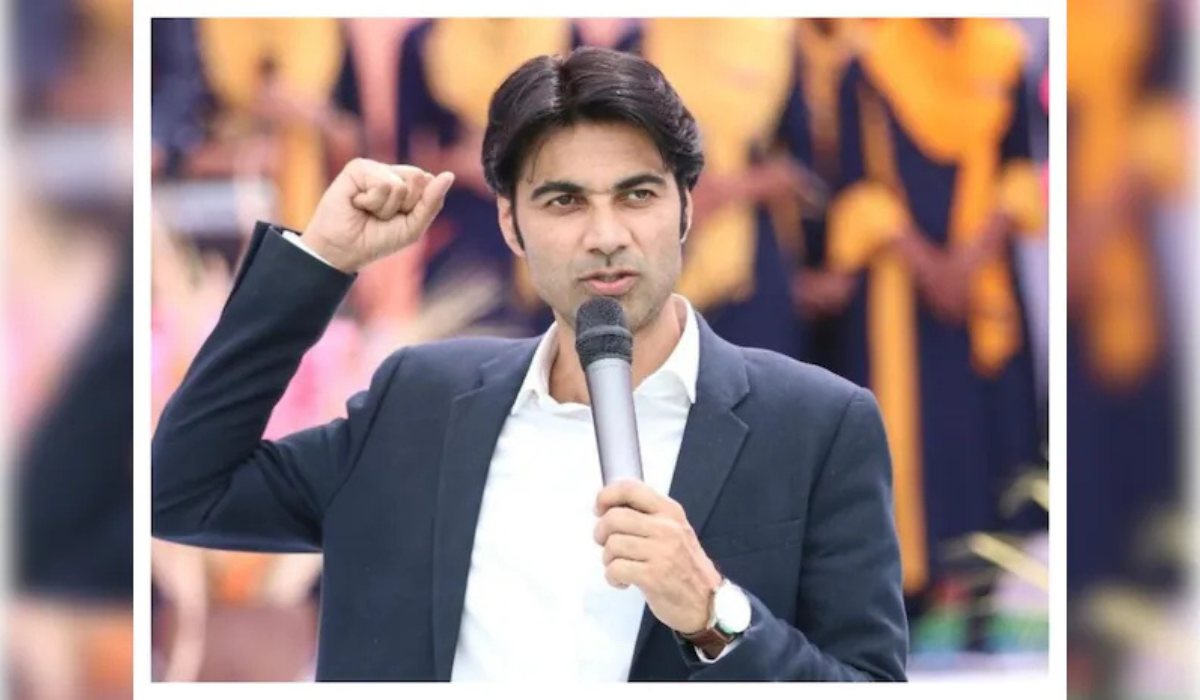Authorities sentenced Bajinder Singh to life imprisonment for the rape case in 2018 that had attracted so much attention. The case was concerned with the abuse of power by religious figures and led to the verdict on April 1, 2025, at the Mohali District Court. The authorities found the pastor from Punjab, with a ministry named “Yeshu Yeshu,” guilty of rape and other crimes, marking a significant event in India’s fight against sexual violence and related misdeeds in a religious setting.
The Crime and Legal Proceedings
The rape case, in April 2018, a woman hailing from Zirakpur formalized a complaint against Bajinder Singh for sexually assaulting her in his Mohali house. According to the woman, Singh assured her about going abroad and wanted her to visit his home on false pretenses; later, he sexually abused her without her consent, recording the incident on video. Singh allegedly threatened to post that video on social media if the victim showed any resistance whatsoever or made a report of the incident. For this reason, the victim’s emotional torment compounded. The court during trial found enough material to punish the accused Singh under various sections of the Indian Penal Code such as 376 ( rape ), 323 ( voluntarily causing hurt ), and 506 ( criminal intimidation ).
Court’s Judgment and People’s Reaction
The Mohali District Court imposed a life sentence on Bajinder Singh for the crime committed. According to the victim and her supporters, they viewed this as a much-needed step toward justice, but the larger debate on the issue of sexual violence in religious institutions was triggered. “Advocacy groups together with representatives of the victim have expressed relief” that such verdicts “are sending a strong message” to religious leaders and the public at large that nobody is above the law. However, some ominous questions were raised by this rape case. The victim was apprehensive that Singh would strike again, and she felt his continued incarceration was more important. Her statements ask more attention on the growing concern that members of religious elite, who might misuse their trust and authority, should be dealt with harshly.
Singh’s Rise to Prominence
Bajinder Singh was unlike other religious leaders; he rose to fame after claiming conversion to Christianity while in prison for a murder case in the early 2000s. After his discharge in 2008, he founded the Church of Glory and Wisdom (CGW) in 2016, and he became famous for his claims of miraculous healings. His ministry boosted its popularity with huge public prayer meetings, entertainment, and demonstrated acts of divine intervention. Singh’s rise to prominence as a minister sharply contrasted with his subsequent criminal activities, which stood in stark opposition to his professed ideals. His tale is a cautionary tale of how such charismatic religious figures can be dangerous and turn to use their influence on gullible folks.
Further Charges and Public Outrage
At the time of the conviction for rape, Singh stood deeply tainted in the public eye since other allegations had sprung up against him. A video surfaced regarding his alleged beating of a man and a woman inside what looked like an office. Authorities were apparently probing the footage dated back to February 2024 in connection with Singh’s pending cases. The new developments have evoked public reactions demanding further investigations against him and a broader inquiry into his ministry.
Wider Implications Regarding the Matter
And almost all around the world, including India, reports of cases like the Bajinder Singh rape case have increasingly exposed and called out religious leaders for sexual abuses. It raises significant questions regarding power and authority in religious organizations with regard to the strength and scope of oversight and regulation; charismatic leaders could wield so much influence over adherents in such organizations that it deprives them of avenues of accountability regarding behaviors. This incident of rape indicates the inadequacy of legal protections for victims of sexual violence and the significant gaps that the timely fair justice systems need to fill. With more and more survivors coming forward, public action in support of these survivors is imperative to bring their aggressors to shameless light by the dock.
Conclusion
The immediate relevance of the Bajinder Singh rape case and its ensuing conviction is the need for greater accountability of religious institutions, especially those led by charismatic figures. This case demonstrates the vulnerability of people within such settings and points toward crucial reforms needed in instituting the protection of victims and ensuring that justice prevails. Whereas Singh’s sentencing represents a significant victory in the war against sexual violence and misconduct, it further highlights larger sociological questions demanding in-depth scrutiny and reform.








